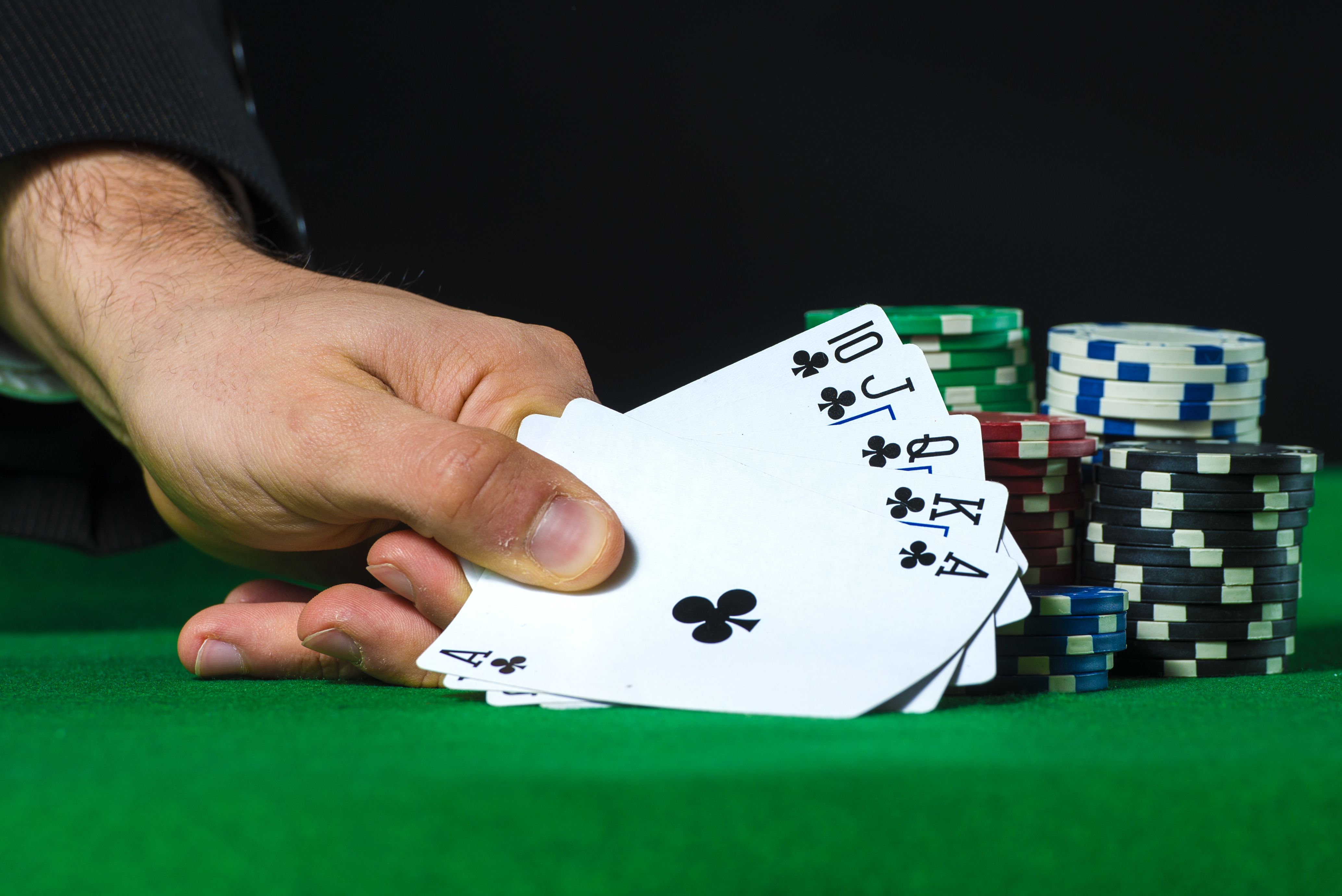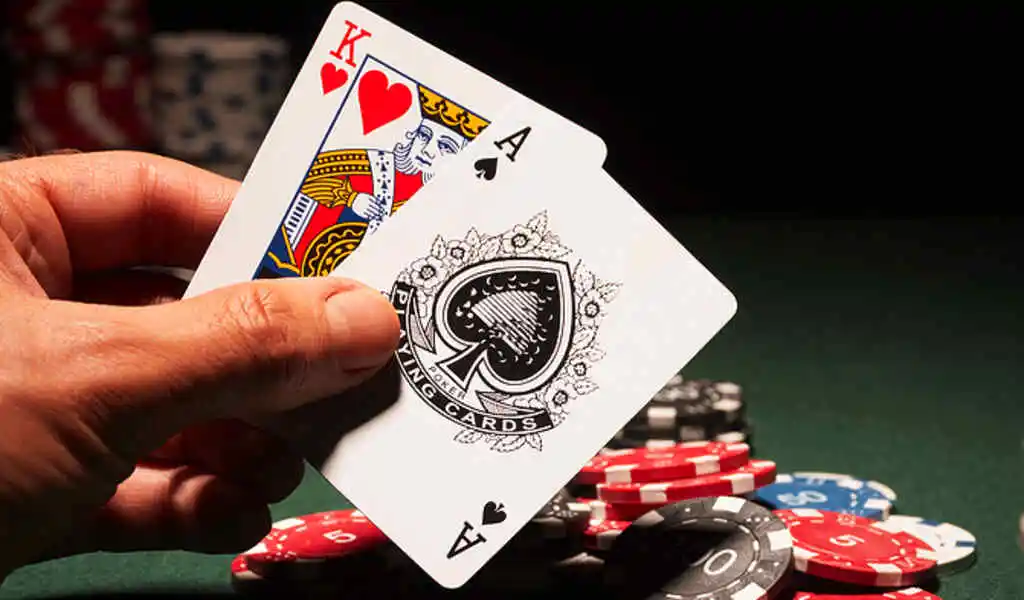Introduction
What Does Roulette Pay Out: Roulette is a popular casino game that offers various betting options, each with its own payout potential. The payouts in roulette depend on the type of bet placed and the specific outcome of the spin. Understanding the payout structure is essential for players to make informed decisions and manage their strategies effectively.
In roulette, bets can be categorized into two main types: inside bets and outside bets. Inside bets involve betting on specific numbers or combinations of numbers on the roulette table, while outside bets involve broader categories such as colors, odd or even numbers, or ranges of numbers.
The payout for each bet in roulette is determined by the odds of winning and the risk involved. Bets with higher odds of winning typically have lower payouts, while bets with lower odds of winning can yield higher payouts.
For example, a straight bet, which is a bet on a single number, typically has the highest payout in roulette. The payout for a winning straight bet is usually 35 to 1, meaning you receive 35 times your original bet in addition to your initial wager.
On the other hand, outside bets such as betting on red or black, odd or even, or high or low numbers, often have a payout of 1 to 1 or even money. This means that if you win, you receive an amount equal to your original bet in addition to your initial wager.
Other types of bets in roulette, such as split bets (betting on two adjacent numbers), street bets (betting on a row of three numbers), or corner bets (betting on four adjacent numbers), have varying payout ratios based on the odds of winning.
Understanding the payout structure in roulette is crucial for developing effective betting strategies and managing your bankroll. It allows players to assess the potential risk and reward of each bet, making informed decisions based on their individual preferences and goals.
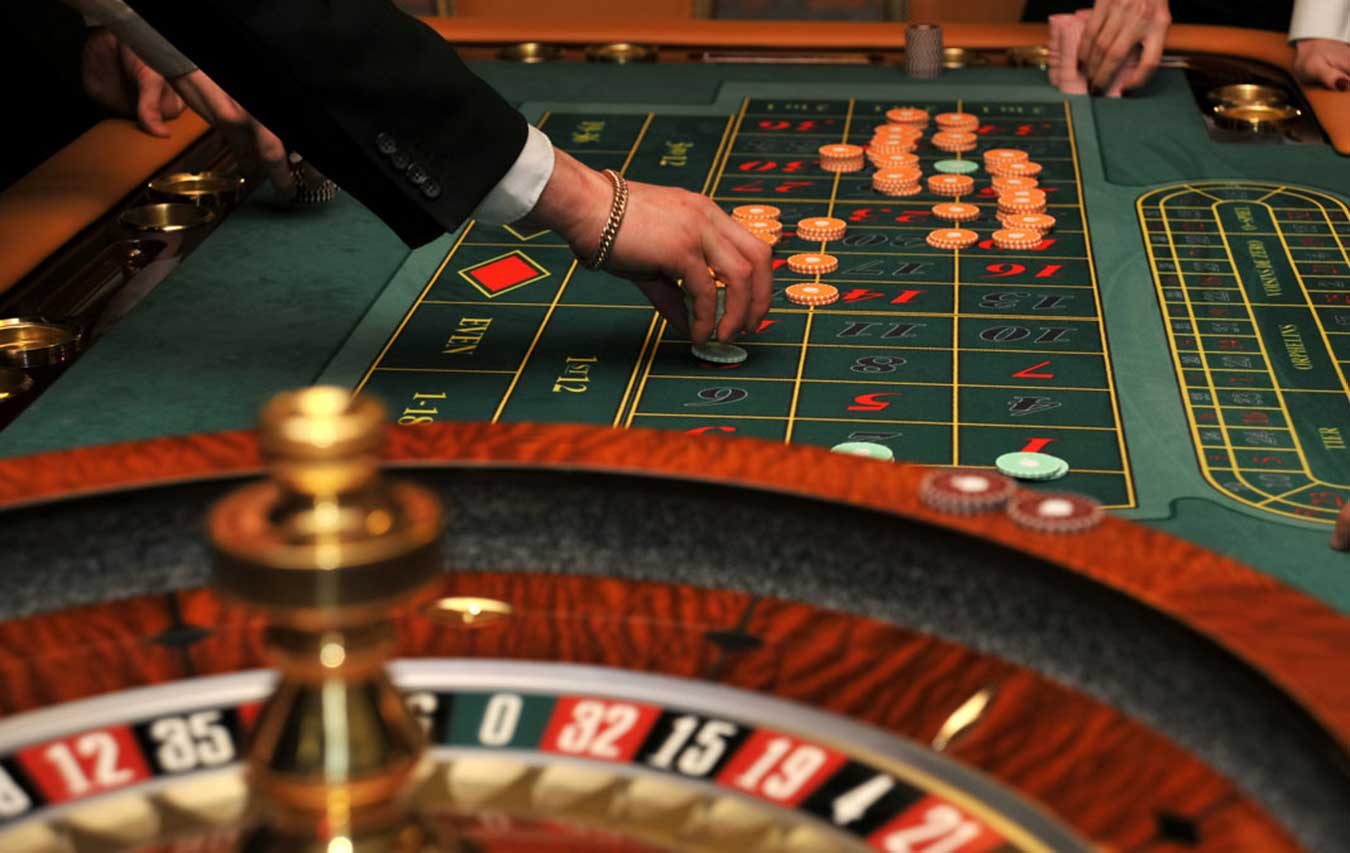
How much do you get for winning roulette?
How much does roulette payout? The payouts for roulette range from 35:1 down to even money. The amount you win will all depend on where you place your bets. The inside bets will yield more bang for your buck but comes with a lower probability percentage while the outside bets will win more often with a lower payout.
The amount you can win in roulette depends on several factors, including the type of bet you place, the payout odds associated with that bet, and the amount of money you wager.
In roulette, there are two main categories of bets: inside bets and outside bets. Inside bets have higher payouts but lower odds of winning, while outside bets have lower payouts but higher odds of winning.
For example, if you place a straight bet on a single number, the payout is typically 35 to 1. This means that if you win, you will receive 35 times your original wager in addition to getting your original bet back. So, if you bet $10 on a straight number and win, you would receive $350 plus your original $10 bet.
Other inside bets include split bets (payout of 17 to 1), street bets (payout of 11 to 1), corner bets (payout of 8 to 1), and line bets (payout of 5 to 1).
Outside bets, such as red or black, odd or even, or high or low numbers, have lower payouts but higher odds of winning. These bets typically pay even money (1 to 1), which means that if you bet $10 and win, you will receive $10 in winnings plus your original $10 bet.
Remember that roulette is a game of chance, and the outcome is determined by a spinning wheel and a ball landing on a specific number or color. The payouts are designed to reflect the odds of winning each bet, and the house always has an edge in the long run. It’s essential to gamble responsibly and set limits on your wagers to ensure an enjoyable gaming experience.
Is roulette 100% luck?
The pocket in which the roulette ball lands every time is determined by pure chance. However, a lot of players have managed to win by employing certain strategies that require a lot of skill.
Roulette is a casino game that relies heavily on luck. The outcome of each spin is determined by the random nature of the spinning wheel and the ball. Players have no control over where the ball will land, making it a game of chance.
In roulette, players place bets on various numbers, colors, or combinations of numbers, and the result is determined by the physical factors involved in the game. The odds of winning each bet are based on the number of possible outcomes and the specific bet type. The house edge is also present, ensuring that the casino has a mathematical advantage over players in the long run.
While luck is the predominant factor in determining the outcome of each spin, players can still employ different strategies or betting systems to manage their bankroll and betting patterns.
It’s important to remember that no strategy or betting system can guarantee consistent wins in roulette. The game’s outcome is unpredictable, and each spin is independent of previous spins. Strategies may provide a sense of control or a structured approach to betting, but they cannot alter the odds or overcome the house edge.
The element of luck is what makes roulette an exciting and unpredictable game. It offers the opportunity for big wins and adds to the thrill of playing. However, it’s crucial to approach roulette and any other form of gambling responsibly, understanding that outcomes are based on chance and that losses are possible.
Roulette is primarily a game of luck, as the outcome of each spin is determined by random physical factors. While players can employ strategies or systems to manage their bets, luck remains the dominant factor in determining wins or losses. It’s essential to approach roulette with realistic expectations and a responsible gambling mindset.
What is the safest bet in roulette?
The ‘safest’ bets in roulette are those that give you almost 50% winning chances. These are odds/even, red/black, and high/low.
In roulette, all bets have a house edge, meaning the casino has a statistical advantage over the players. No bet can guarantee a consistent win in the long run. However, some bets have a slightly lower house edge compared to others, which may be perceived as safer options.
One of the safest bets in roulette is the “even money” bets, also known as outside bets. These include betting on red or black, odd or even numbers, or high (19-36) or low (1-18) numbers. These bets have a nearly 50/50 chance of winning, excluding the presence of the green 0 or 00 (depending on the roulette variant). The house edge on these bets is relatively low, typically around 2.7% in European roulette and 5.26% in American roulette.
While these even money bets have a lower house edge, it’s important to remember that they still carry a risk of losing. The outcome of each spin is independent and random, and previous results do not impact future spins. The lower house edge simply means that these bets have a slightly better chance of winning in the long run compared to other types of bets.
It’s also worth noting that the type of roulette variant can affect the odds and house edge. European roulette, with a single green 0, generally has a lower house edge compared to American roulette, which features an additional green 00.
Ultimately, the choice of which bet to place in roulette depends on personal preference and risk tolerance. Some players may prefer the excitement and potentially higher payouts of inside bets, despite the higher house edge. Others may opt for the perceived safety of even money bets with lower potential winnings.
It’s crucial to approach roulette and any form of gambling with responsible practices. Set limits on your wagers, play within your means, and remember that roulette is a game of chance. There is no guaranteed safe bet that can eliminate the inherent risk involved in gambling.
Should you bet 0 at roulette?
In fact, if you decide to chase the zero bet on a roulette table, chances are that you’ll lose more money in the long run than you’d win from the bet. So, it is best to avoid betting on number zero and stick to your standard roulette strategies.
Betting on the number 0 in roulette is a specific type of bet that carries its own set of characteristics and considerations. Here are some points to keep in mind when deciding whether to bet on 0 in roulette:
1. Odds of winning: In most roulette variants, including European and American roulette, the presence of the green 0 (and sometimes 00) gives the casino an edge over players. Betting on 0 means you are selecting a specific number among the possible outcomes, which has lower odds of winning compared to outside bets like red or black.
2. Payouts: The payout for winning a straight bet on 0 can be substantial. In European roulette, the payout is typically 35 to 1, meaning you receive 35 times your original bet in addition to your initial wager. However, it’s important to note that the high payout reflects the lower probability of winning this bet.
3. House edge: The presence of the green 0 (and sometimes 00) gives the casino a statistical advantage over players. In European roulette, the house edge on straight bets is around 2.7%, while in American roulette, it’s approximately 5.26%. These figures indicate the long-term expected loss for players.
4. Risk and strategy: Betting on 0 is generally considered a riskier move due to the lower odds of winning. Some players may choose to include 0 in their betting strategy as part of a broader approach, such as a combination of inside and outside bets. However, it’s important to remember that roulette is a game of chance, and no betting strategy can guarantee consistent wins.
Ultimately, the decision to bet on 0 in roulette depends on your personal preferences, risk tolerance, and understanding of the game’s odds. It’s crucial to approach roulette with responsible gambling practices, set limits on your wagers, and remember that outcomes are random and independent from previous spins.
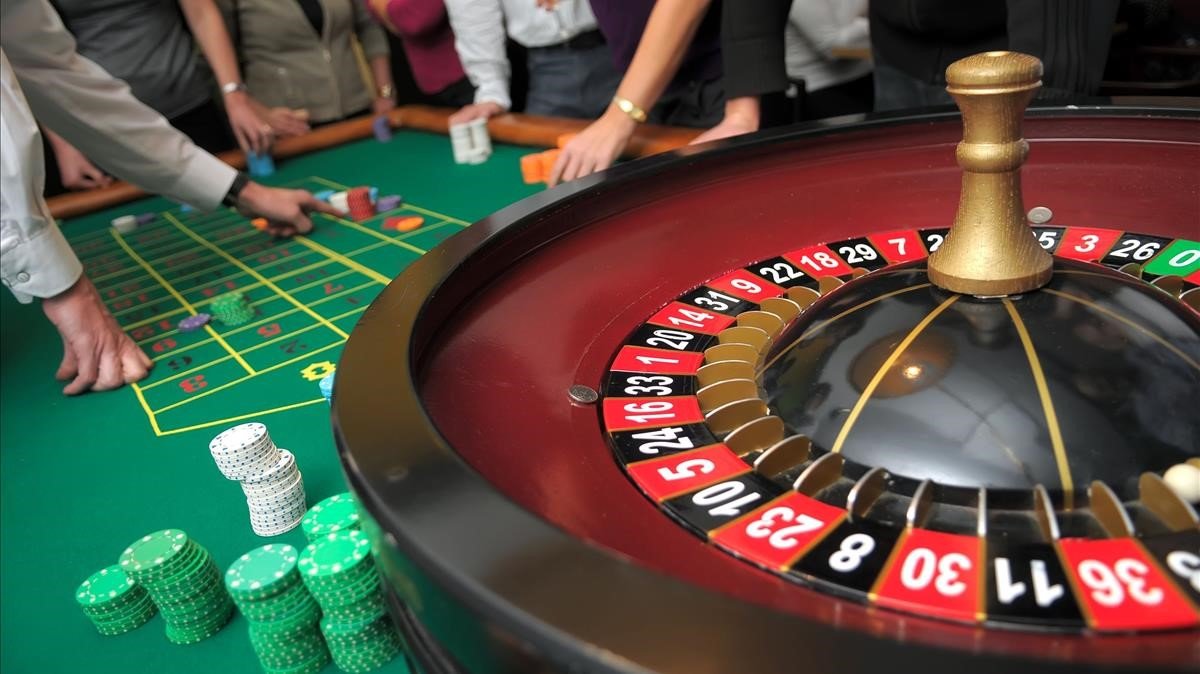
Is it profitable to play roulette?
European Roulette’s house edge is 2.7 %, while American Roulette is 5.26%. This means that the casino has a more significant advantage when you decide to place a bet if playing American Roulette. So, you have a higher chance of turning profit if you play single ‘0’ or European Roulette.
Roulette, like any other casino game, is designed with a house edge, which means that the casino has a statistical advantage over players in the long run. This implies that, over time, players are likely to lose more money than they win. Therefore, from a mathematical perspective, playing roulette with the aim of consistently making a profit is not considered a viable strategy.
The house edge in roulette varies depending on the specific variant being played. In European roulette, where there is only a single green 0, the house edge is approximately 2.7%. In American roulette, which includes both a green 0 and a green 00, the house edge increases to around 5.26%. These figures represent the average expected loss over time.
While it’s possible to have occasional wins and enjoy short-term success in roulette, these outcomes are primarily based on luck and chance. It’s crucial to approach roulette with a responsible gambling mindset, understanding that the game’s outcome is random and that losses are a possibility.
Engaging in roulette should be seen as a form of entertainment, and players should set limits on their wagers, play within their means, and be prepared to lose the money they gamble. It’s advisable to view any potential winnings as a pleasant bonus rather than a guaranteed source of income.
What is the payout for a winning straight bet in roulette?
The payout for a winning straight bet in roulette is typically 35 to 1. This means that if you place a straight bet on a single number and that number comes up on the spin, you will receive a payout of 35 times your original wager in addition to getting your original bet back.
For example, if you place a straight bet of $10 on the number 17 and the ball lands on that exact number, you will receive a payout of $350 (35 x $10) along with your original $10 bet. Your total winnings would be $360.
The high payout for a straight bet reflects the lower odds of winning. With 37 or 38 possible outcomes (depending on whether you’re playing European or American roulette), the probability of the ball landing on the specific number you bet on is relatively low. However, if luck is on your side and your chosen number hits, the payout can be quite substantial.
It’s important to note that the payout for a straight bet remains consistent across different roulette variants, such as European and American roulette. However, it’s always a good idea to check the specific rules and payouts of the roulette game you are playing, as some variations may have unique rules or side bets that could affect the payouts.
How much do outside bets typically pay in roulette?
Outside bets in roulette typically have a payout of 1 to 1 or even money. This means that if you place a winning outside bet, you will receive an amount equal to your original wager in addition to getting your initial bet back.
Examples of outside bets include betting on red or black, odd or even numbers, or high (19-36) or low (1-18) numbers. These bets cover larger groups of numbers and have a higher probability of winning compared to inside bets, which involve betting on specific numbers or combinations.
For instance, if you place a $10 bet on red and the ball lands on a red number, you will receive a payout of $10, effectively doubling your money. Your total winnings would be $20, which includes the $10 profit and the return of your original $10 bet.
It’s important to note that while outside bets offer higher odds of winning, the payout is lower compared to inside bets. This is because the risk is lower when betting on broader categories of numbers. The even money payout ensures that the casino maintains a house edge over the long run.
Do different types of bets in roulette have varying payout ratios?
Yes, different types of bets in roulette have varying payout ratios. The payout ratios are determined by the odds of winning associated with each type of bet. In general, bets with higher odds of winning have lower payouts, while bets with lower odds of winning offer higher payouts.
Here are some examples of different types of bets and their corresponding payout ratios in standard roulette games:
1. Straight bet: Betting on a single number has the highest payout ratio, typically 35 to 1. This means that if you win, you receive a payout of 35 times your original bet in addition to getting your initial wager back.
2. Split bet: Placing a bet on two adjacent numbers pays out at a ratio of 17 to 1. If either of the two numbers wins, you receive a payout of 17 times your original bet.
3. Street bet: Betting on a row of three numbers pays out at a ratio of 11 to 1. If any of the three numbers in the row wins, you receive a payout of 11 times your original bet.
4. Corner bet: Placing a bet on a corner where four numbers meet has a payout ratio of 8 to 1. If any of the four numbers wins, you receive a payout of 8 times your original bet.
5. Outside bets: Outside bets, such as betting on red or black, odd or even numbers, or high or low numbers, typically have a payout ratio of 1 to 1 or even money. Winning an outside bet means you receive an amount equal to your original bet in addition to getting your initial wager back.
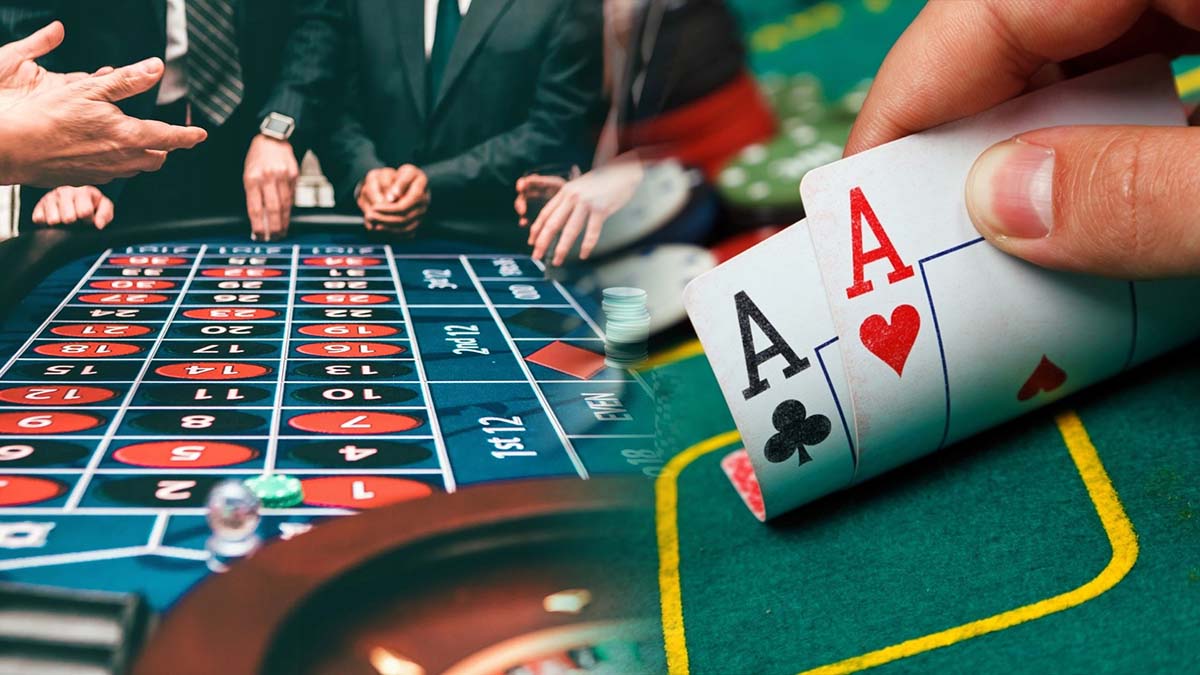
Conclusion
The payouts in roulette vary depending on the type of bet placed and the specific outcome of the spin. The game offers a range of betting options, each with its own payout potential. Understanding the payout structure is crucial for players to make informed decisions and manage their strategies effectively.
In general, bets with higher odds of winning tend to have lower payouts, while bets with lower odds of winning can yield higher payouts. Straight bets, which involve betting on a single number, typically have the highest payout, often at a ratio of 35 to 1. This means that if you win a straight bet, you receive 35 times your original bet in addition to your initial wager.
Outside bets, such as betting on red or black, odd or even, or high or low numbers, usually have a payout of 1 to 1 or even money. Winning an outside bet means you receive an amount equal to your original bet in addition to your initial wager.
Other types of bets, such as split bets, street bets, or corner bets, have varying payout ratios based on the odds of winning and the number of possible outcomes.
By familiarizing themselves with the payout ratios and the various betting options available, players can enhance their roulette experience and approach the game with a greater understanding of the potential outcomes and rewards.




